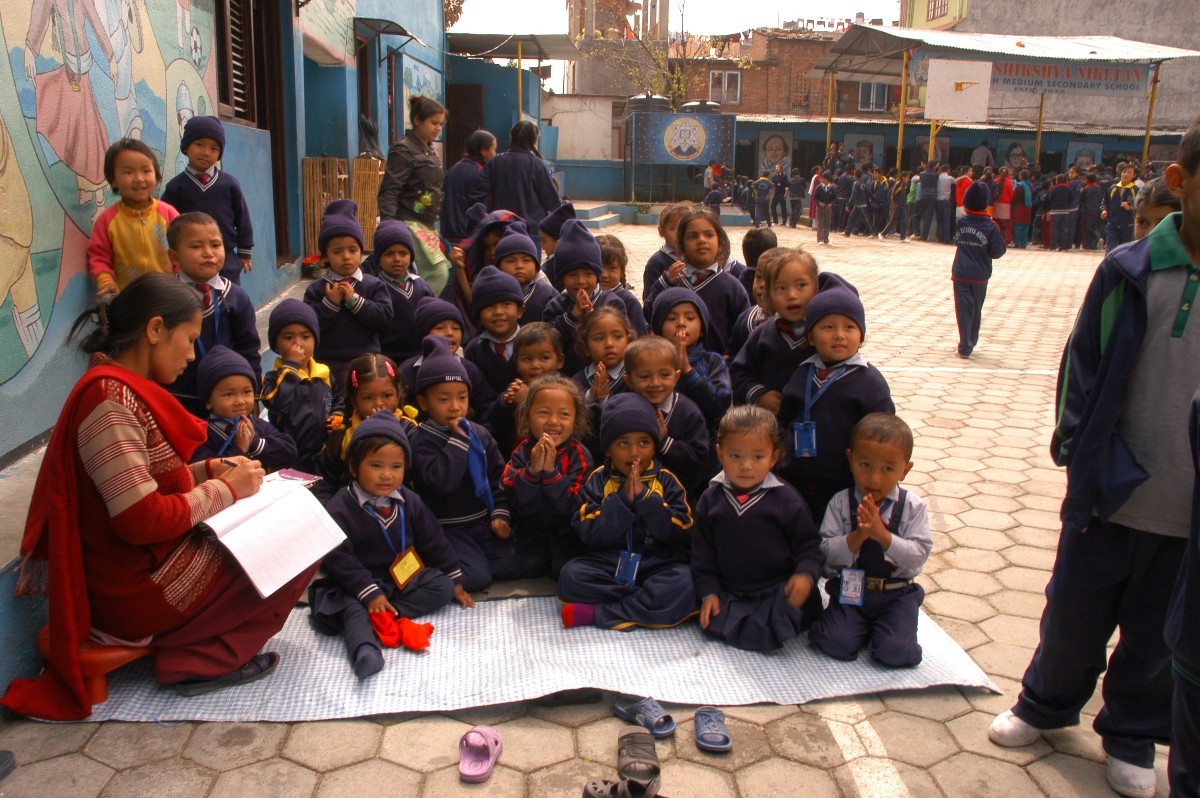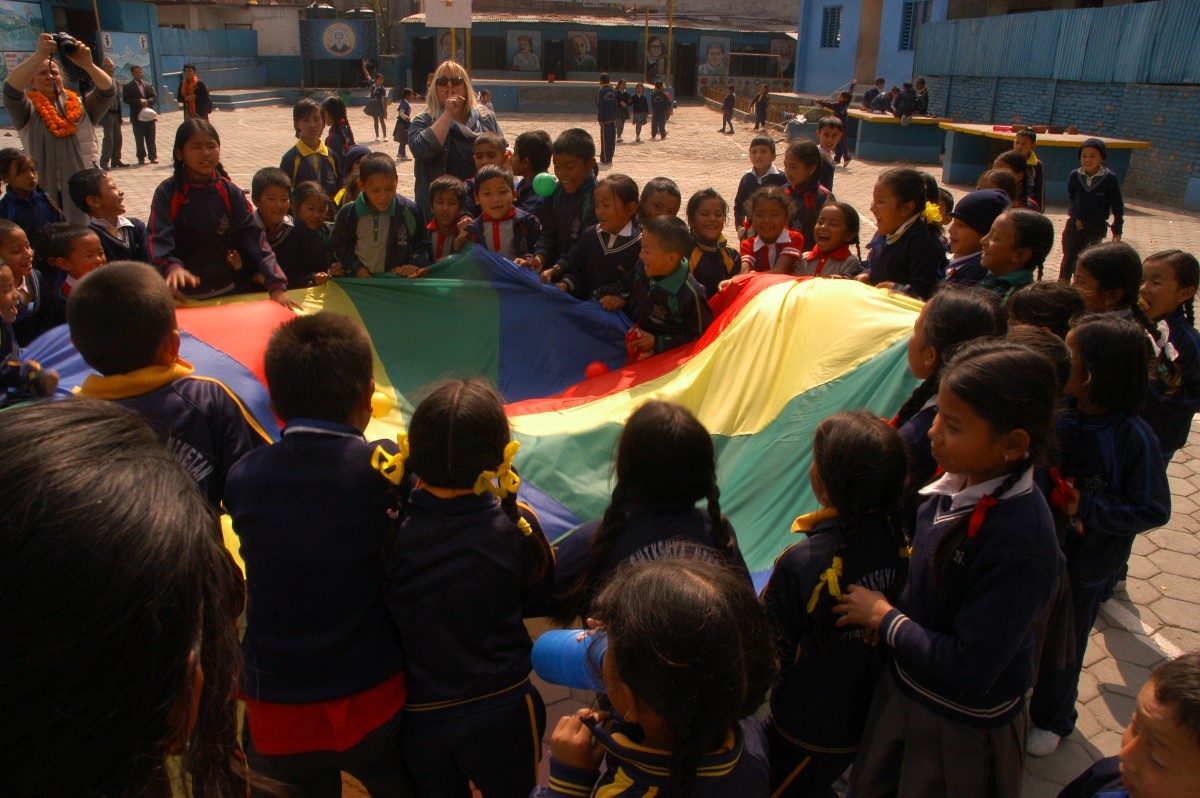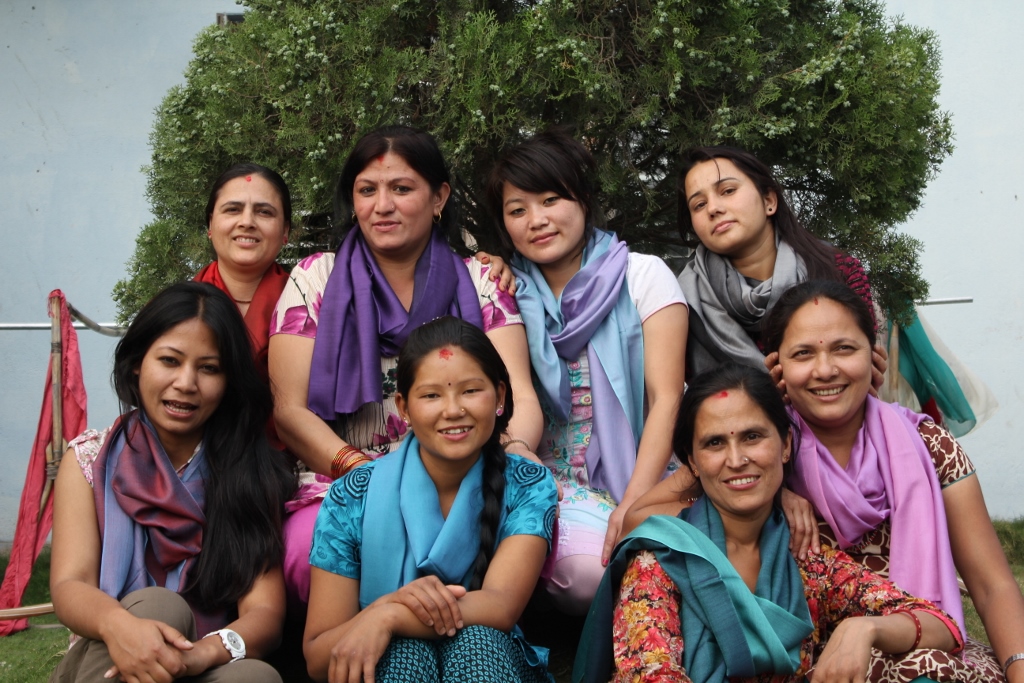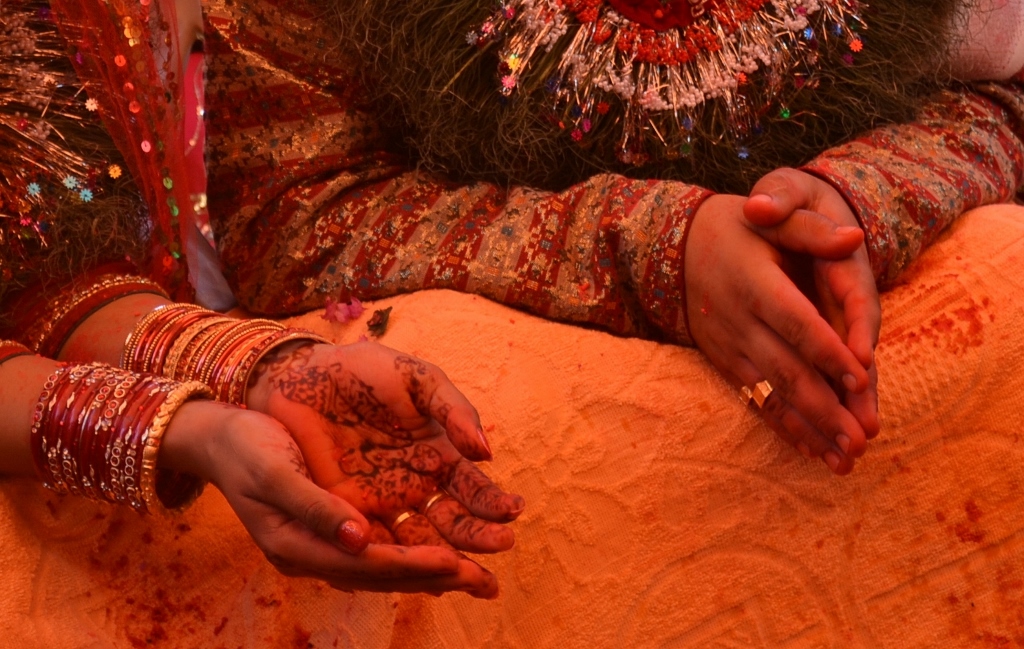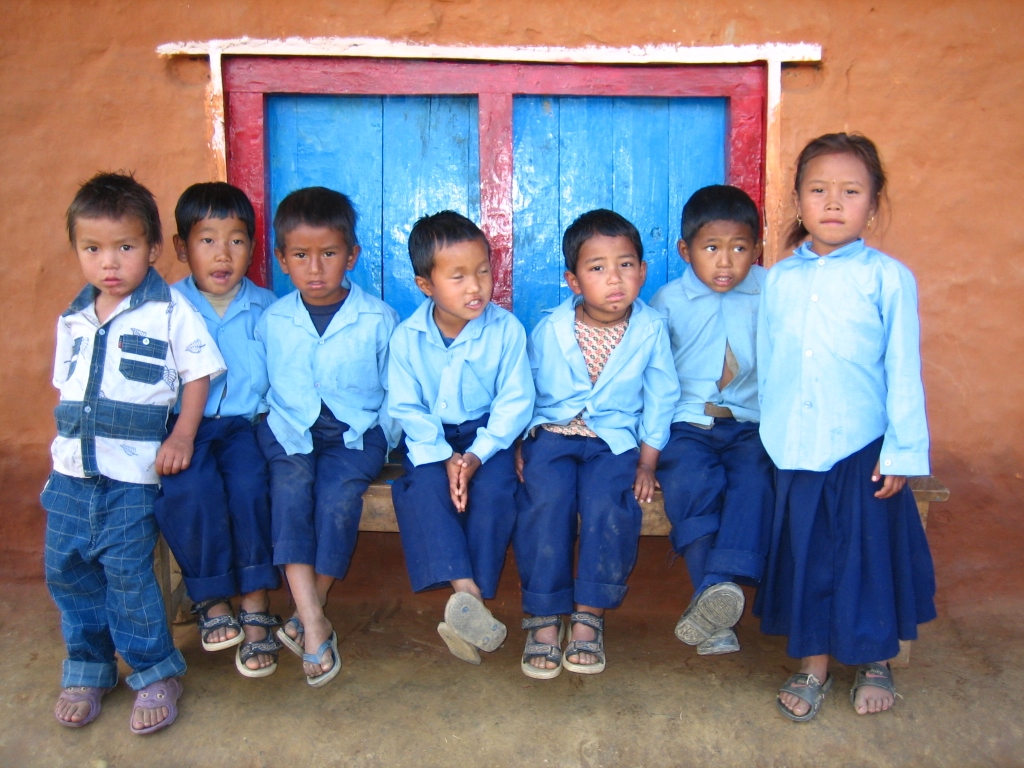
To create a better life
The Women’s Foundation Nepal runs sponsorship and scholarship programs to allow you to help the women and children of Nepal to create better lives for themselves.
Sponsorship
A sponsorship covers the living and education costs for the children and women from the Shelter Home. The sponsorship includes shelter, food, healthcare, clothes, education and all other needs. The children are sponsored until 10th grade and if their final exams shows good marks, WFN will also fund their further studies in college / university.
A sponsorship helps WFN to run the Shelter Home, provide an excellent education for the children and skills training to the women.
Scholarship
The Women’s Foundation Nepal provides scholarships for more than 1,000 children who belong to poor families all over Nepal. Scholarships involve financial support to cover tuition fees, uniforms and school supplies. By providing children with an education, they are able to enjoy their childhood, reach their educational goals and ultimately get a good job and support their families. This in turn will allow them to pay for their children’s school fees and change the cycle of poverty.
Become a sponsor of one of the women or children or provide a scholarship for someone in need.
Our violence-free school
A lot of schools in Nepal use violent methods to punish students but we believe that children deserve the right to be able to learn and develop in a safe and happy environment. Many of the children in our care come from violent backgrounds and we did not feel happy sending them to schools where violence was used. We also believe that if children are taught to be violent at an early age they will be violent later in their lives.
As a result, WFN runs a violence free school in Kathmandu where children receive an excellent education in a peaceful environment and do not have to fear violent punishment. In April 2013, the school started with 150 children and currently, 575 children and teenagers study up to 10th grade at the Bipul School. The school was established in April 2013 with funds from The Women’s Foundation Nepal and with the help of people in the community who share the same values of non-violence.
The pupils are from the shelter home and the local neighborhood. The teachers give each student the chance to fulfill their potential and reach their educational goals.
Become a sponsor of one of the children from the Shelter Home or obtain a scholarship for a poor child and invest in the future of the children of Nepal.
See more pictures of the Bipul School.
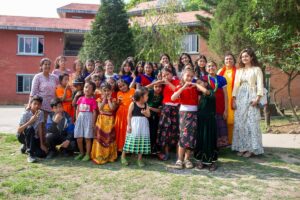
A home for women and children
The Women’s Foundation Nepal runs three shelter homes housing caring for more than 120 children and more than 30 women. The women and children who live at the shelter home are victims of violence, abuse or extreme poverty (see Women’s and children’s issues). WFN removes the women and children from life-threatening situations and gives them a safe home.
We provide all the children with the best opportunities for their future. They receive an excellent education at the local violence-free school and we support them financially if they want to go to university.
The women in the shelter are given the opportunity to attend the training courses run by the WFN so they can return to work and they often work at the Maheela Cooperative. Our ultimate goal is to ensure that the women at the shelter home become independent and empowered.
Everything that the women and children need is provided: a safe home, a healthy balanced diet, medical treatment, psychological counselling, education and training and a caring environment, that feels like a family.
Since 1995, WFN has been running a home in Kathmandu for women and children. The family moved in to a new shelter home outside Kathmandu in 2008, which was built with the generous support of Treuhand, Germany. The area offers more green space, which is especially appreciated by the children.
Make a donation to run the shelter home or become a sponsor of one of the women or children.
See more pictures of our shelter home.
Services:
-
Shelter homes: Three shelter homes housing more than 120 children and more than 30 women
-
Childcare centers: Two centres, one in Jhapa in the eastern part of Nepal, and the other in Kathmandu caring for between 40 and 60 children aged 1–6 years
-
Non-violent school: Teaching over 450 children up to 10th grade
-
Micro-Credits in 2013: 235 women (in total 3,000 women)
-
Vocational training: 300 qualified trainers in the Nepalese Rural Women Program who go on to teach almost 1,000 women in each of their respective districts
-
Legal assistance (mediation and lawsuits): Over 300 cases annually
-
Scholarships: More than 1,000 in total
-
Support of poor, mentally sick, disabled families: More than 500 in total
40% of Nepali girls got married before their 18th birthday in 2017. And 7% even got married before the age of 15. Child marriage violates children’s rights and represents the most prevalent form of gender-based violence, abuse and exploitation of girls. It also shows that women and girls are seen as inferior to men and boys. Poverty is another reason for child marriage and goes along with the perception that girls are a burden to the family. It is also associated with the dowry system, wherein daughters who marry early require lower payments. In some parts of Nepal it is a traditional belief that women will go to heaven if they marry before their first menstruation (Girls Not Brides). The harmful consequences of child marriage include serious health risks, separation from family and friends, lack of freedom to interact with peers and participate in community activities and decreased opportunities for education. It can also result in bonded labour or enslavement, commercial sexual exploitation and violence. Every third girl suffers from violence by their husband and every sixth girl reports physical violence (UNICEF).
Malashree*
Child marriage at the age of 10 years old
“One day, when I was 10 years old, my neighbors congratulated me on my wedding. They had just got an invitation from my parents. This is how I found out about my marriage. My parents arranged my marriage and gave me away to a 20-year-old man. Many people warned my father about him, as everyone knew, he was a mad man. But he did not want to listen. After the wedding, I felt so alone in the house of my in-laws. I missed my family and felt uncomfortable. Soon after my wedding, my in-laws started to treat me badly. I had to get up at 4 am in the morning, clean the house, cook and carry heavy buckets of water. My husband started to beat me. I was very afraid, that he would kill me one day. Many times, he broke my bones and I had to go to the hospital. I tried to escape, but he found out and found me when I was running away. After nine years in this situation, I got very sick. My mother-in-law saw, that I would die soon and brought my back to my parent’s house. They healed me and after my recovery, I found out about The Women’s Foundation Nepal. As I lived close by, the Foundation provided me with a job. Today I feel safe, more respected and I am happy that I can take care of my parents.”
Jamuna*
Child marriage at the age of 9 years old
My mother died when I was still very young. My father married again and had children with my stepmother. They did not treat me badly but they did not care about me a lot. My father was a compulsive gambler. One morning, a man came to our house and took me away. My father had gambled me and lost. This man took me to his house and arranged for me to marry to his thirty-year-old son who suffered from leprosy. I had no idea what was happening to me. Villagers heard about my fate and informed The Women’s Foundation Nepal. They came to the house and rescued me from my husband and his family. They brought me to their Shelter Home in Kathmandu. WFN brought the case to the court and my marriage was cancelled. At the Shelter Home I have many friends now, I can go to school. It feels like a real family.”
*names changed
